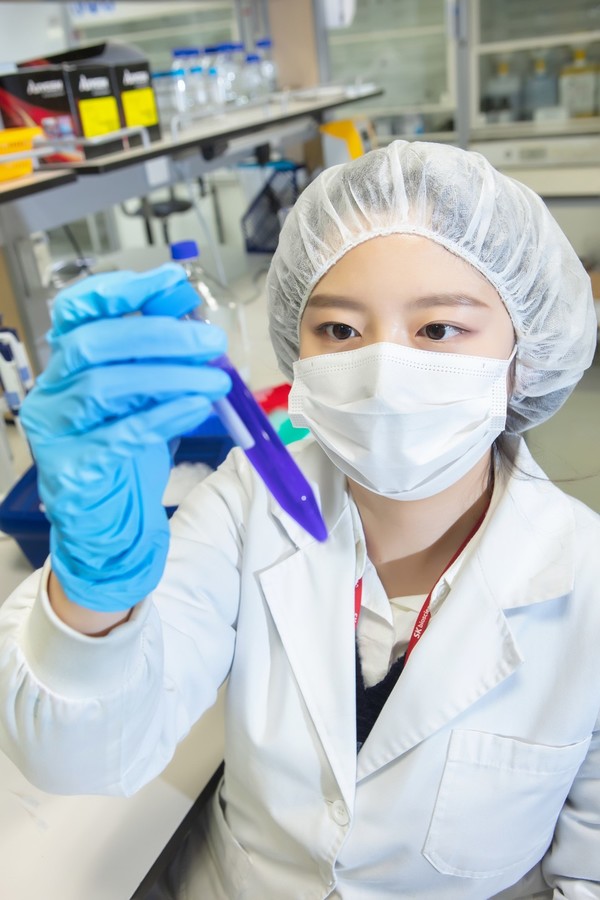Local developers of Covid-19 vaccines have announced plans to conduct large-scale, late-stage global trials, raising expectations for homegrown Covid-19 vaccines.
However, some companies have to overcome several challenges, and it will take some time to commercialize a local Covid-19 vaccine, observers said.

Cellid, developing a virus vector Covid-19 vaccine candidate AdCLD-CoV19-1, will complete the vaccine administration for 40 participants in the phase 1 study this week and end the trial in mid-October. The company had finished the phase 2a study of the existing candidate AdCLD-CoV19 but revised the vector and carried out the phase 1 trial of the new candidate.
Cellid CEO Kang Chang-yul disclosed the company’s plans for phase 2b/3 global trials at a Friday conference held by the Korean Vaccine Society (KVS).
Kang said the company would conduct two studies in parallel -- one trial will compare the candidate vaccine’s effectiveness with a licensed vaccine. At the same time, the other will utilize immunological correlate of protection (ICP), a biological indicator that indirectly measures the vaccine’s effectiveness against infectious disease.
Earlier, Cellid said it would use Janssen’s vaccine, similar to its investigational vaccine, as a comparative vaccine.
“We will apply for (phase 2b/3) local trials in October, and global studies in November in Vietnam, Indonesia, and Ukraine at a level that can obtain the WHO’s authorization,” Kang said.
Cellid aims to complete the global phase 1 trial in the first quarter of 2022 and derive data by the second quarter of 2022 to apply for marketing approval.
However, the WHO has yet to set up the ICP criteria that can be used internationally. Thus, Cellid has to wait for the WHO’s decision to derive results from late-stage trials.
Kang said that Cellid has constantly requested the WHO to speed up the establishment of the ICP criteria.
EuBiologics is developing EuCorVac-19, a synthetic antigen-based Covid-19 vaccine candidate.
The company plans to apply for a global phase 3 comparative trial in October.
EuBiologics finished the administration of the vaccine in the phase 2 study on Sept. 17.
The company will preemptively apply for a late-stage clinical trial in November before deriving the phase 2 study results, it said.
“We plan to enroll about 4,000 participants in the global phase 3 trials and secure 10 percent of them as local participants,” an official at EuBiologics said.
To proceed with late-stage comparative trials, it is essential to secure a comparative vaccine. EuBiologics said it would use AstraZeneca’s vaccine as a comparative vaccine.
SK Bioscience, the fastest among local vaccine developers to enter a phase 3 study, plans to release the interim results of phase 1 and 2 trials of the synthetic antigen-based Covid-19 vaccine candidate, GBP510.
At the KVS conference, Kim Hoon, chief technology officer of SK Bioscience, said that the company would disclose the interim results after October, after consultations with Coalition for Epidemic Preparedness Innovations (CEPI).
SK Bioscience also plans to test the vaccine candidate in the global phase 3 trials in other parts of the world. The company is waiting for global phase 3 trial approval from countries in Eastern Europe and Southeast Asia.
At the Global Bio Conference on Sept. 15, Kim said SK Bioscience and the International Vaccine Institute jointly submitted an application for phase 3 trials in Eastern Europe and Southeast Asia and were waiting for approval.
“At the earliest, we can start the trials from late September,” he said.

